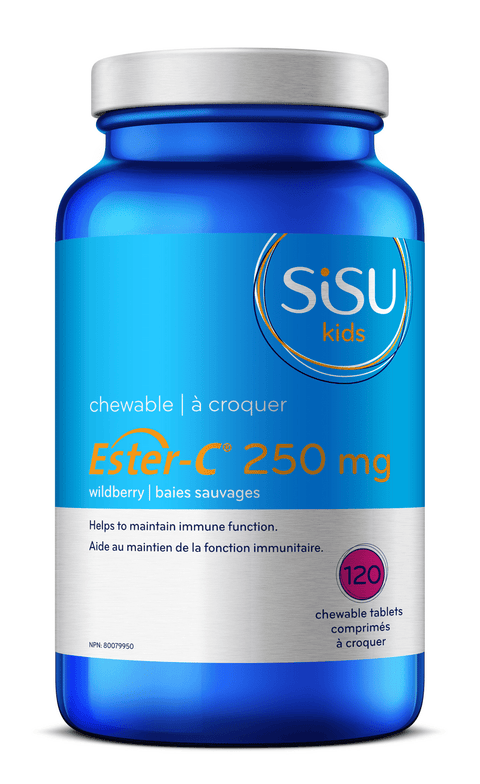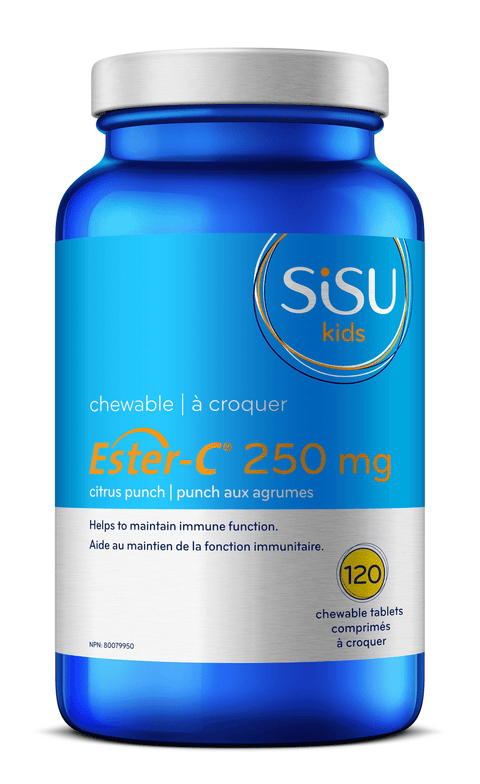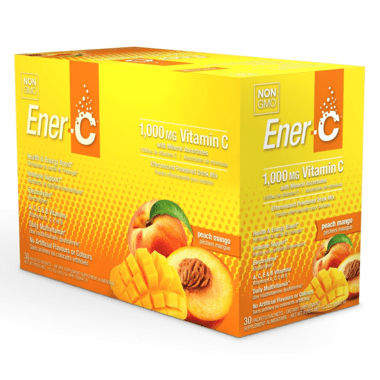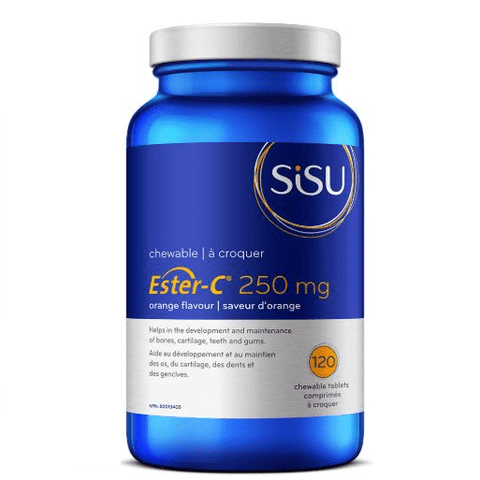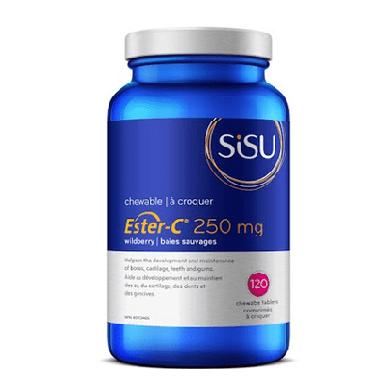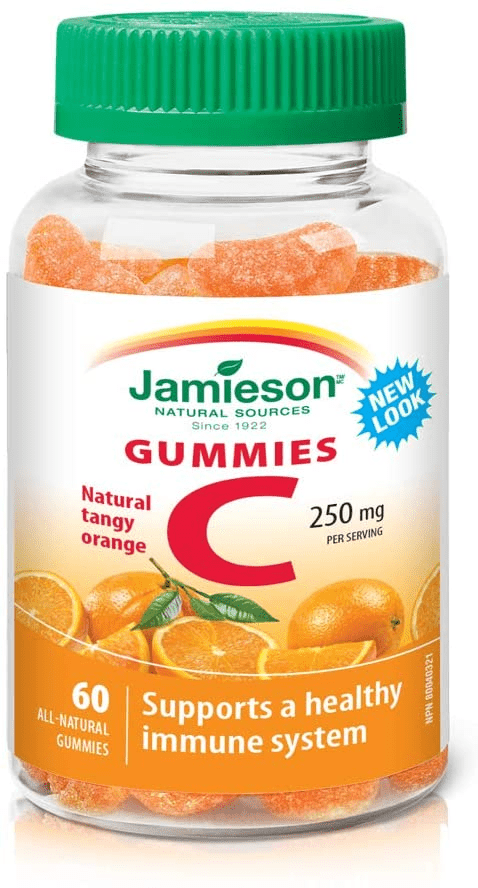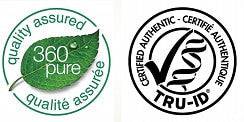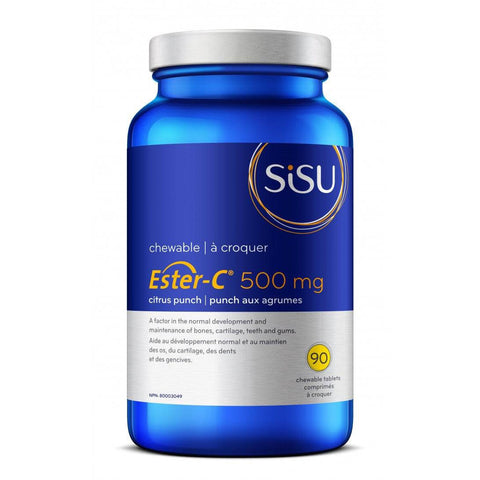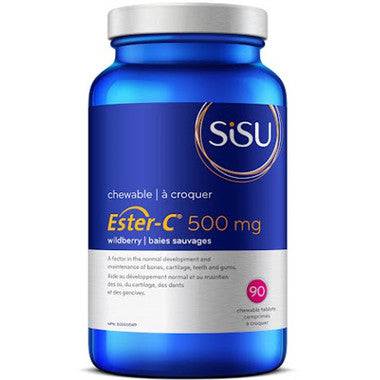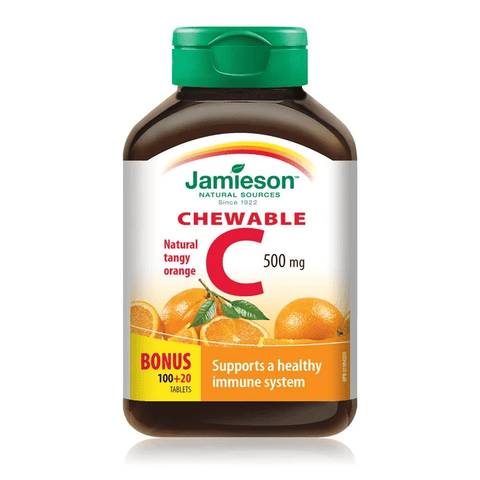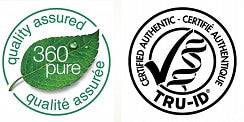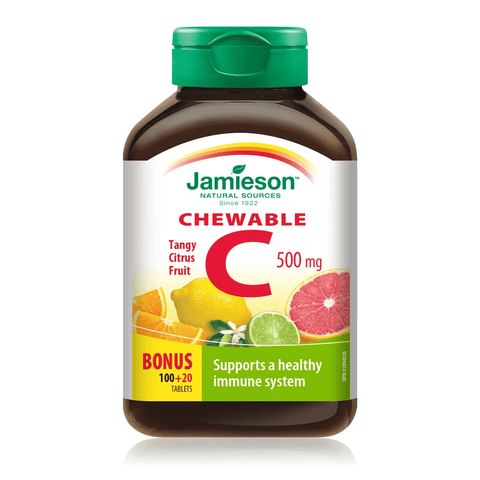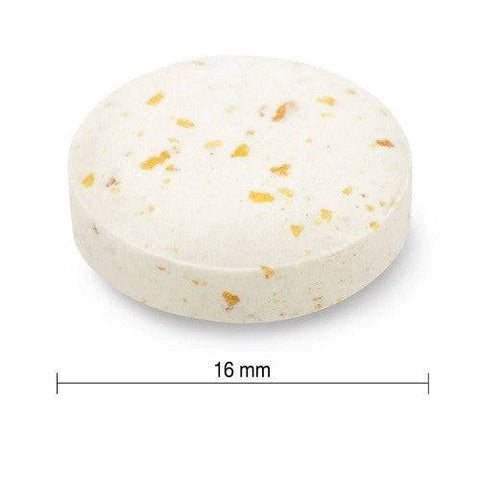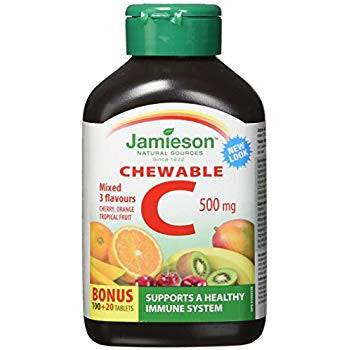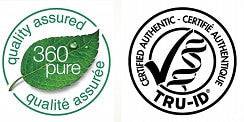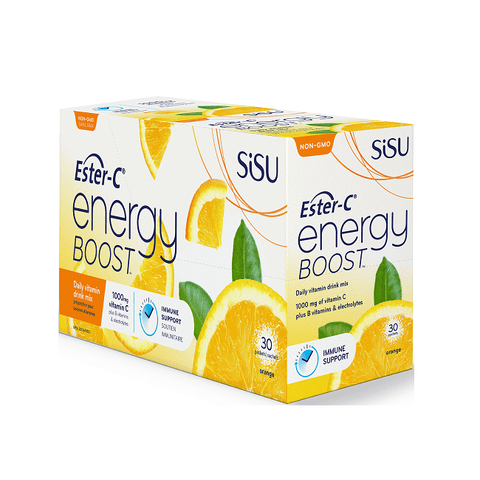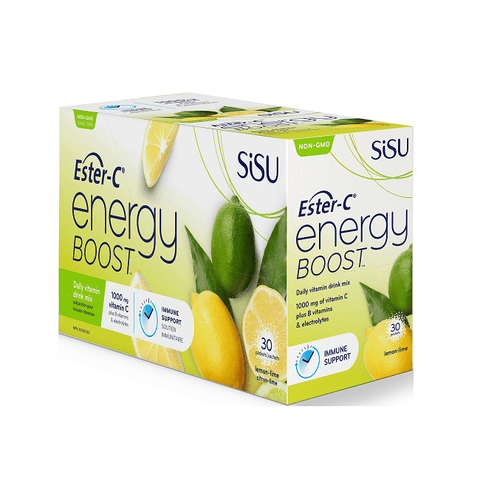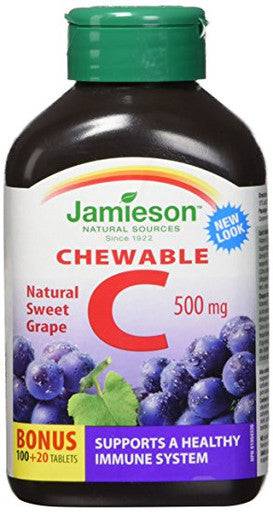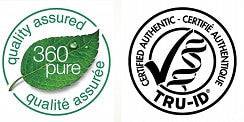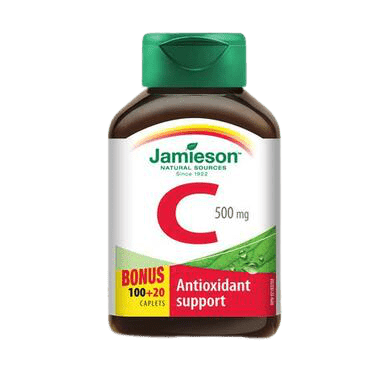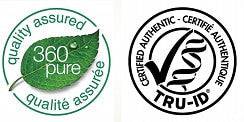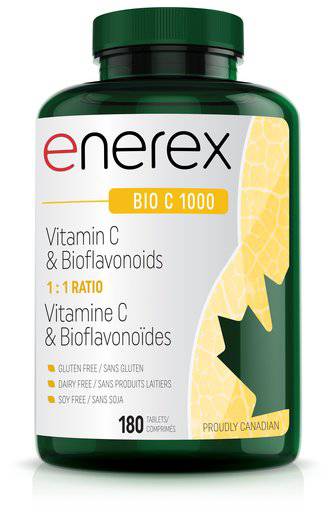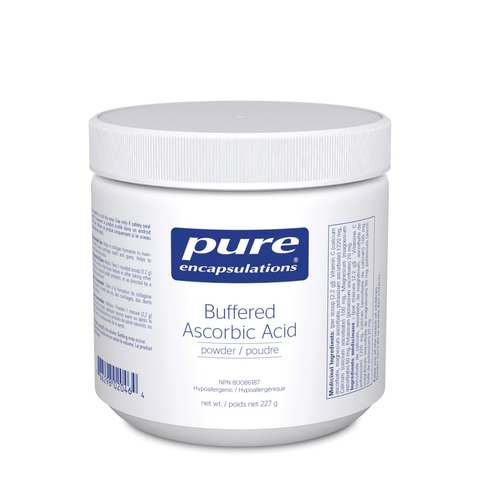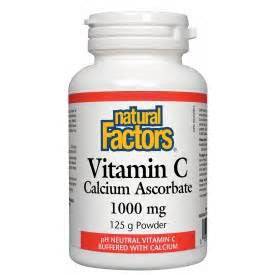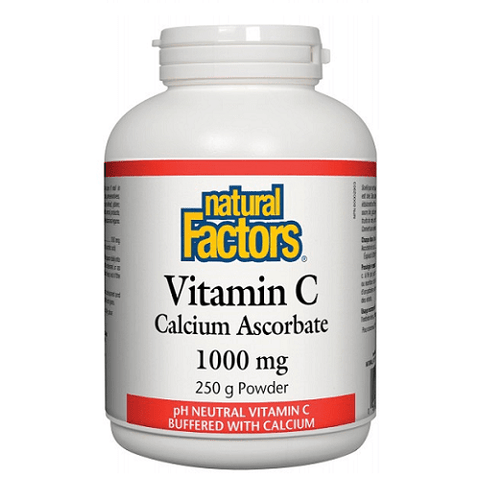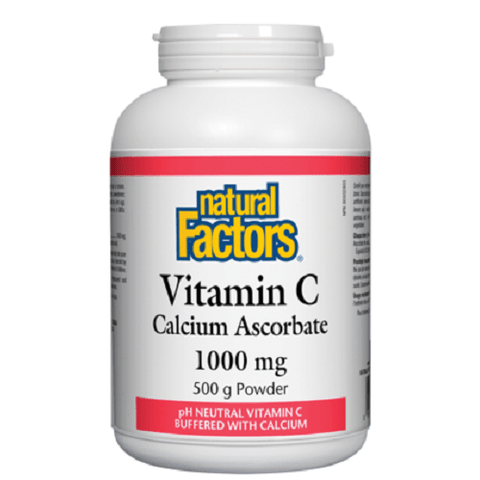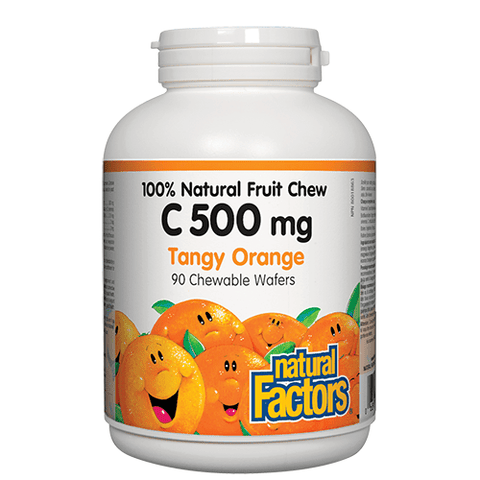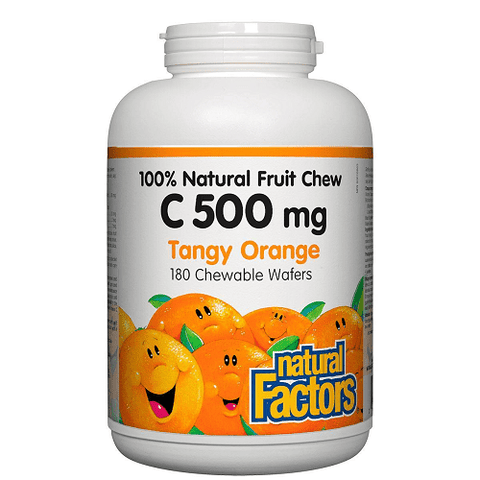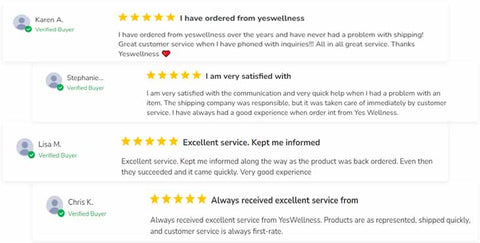223 products
Vitamin C products

 On Sale from $54.95W. Gifford-Jones MD Medi-C Plus Vitamin C & L- Lysine Formula with Magnesium Ascorbate - Berry18% off
On Sale from $54.95W. Gifford-Jones MD Medi-C Plus Vitamin C & L- Lysine Formula with Magnesium Ascorbate - Berry18% off
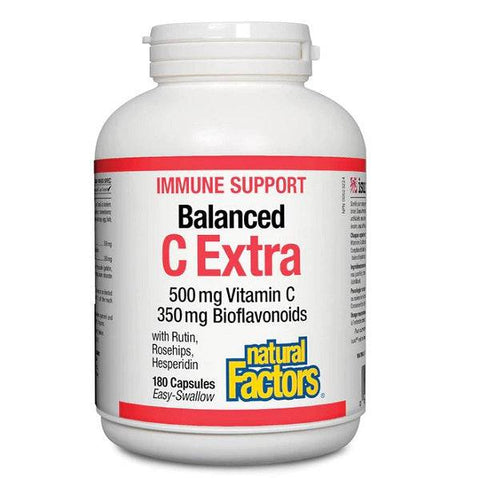 On Sale from $13.95Natural Factors Immune Support Balanced C Extra 500mg Vitamin C 350mg Bioflavonoids22% off
On Sale from $13.95Natural Factors Immune Support Balanced C Extra 500mg Vitamin C 350mg Bioflavonoids22% off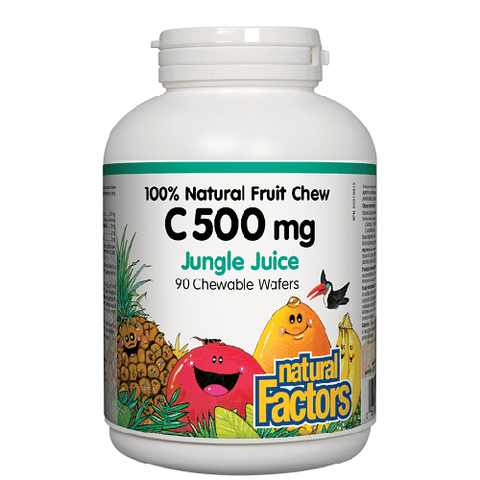
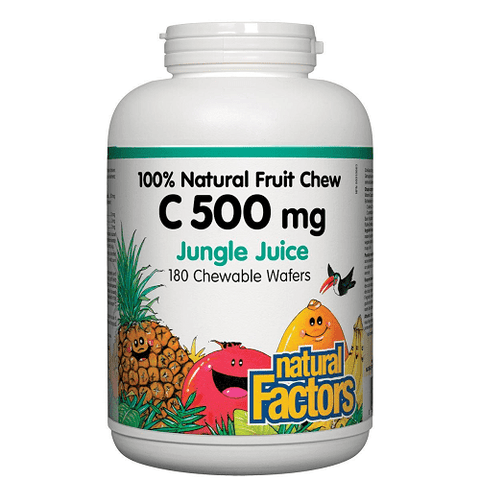 On Sale from $12.10Natural Factors 100% Natural Fruit Chew C 500mg Jungle Juice Chewable Wafers19% off
On Sale from $12.10Natural Factors 100% Natural Fruit Chew C 500mg Jungle Juice Chewable Wafers19% off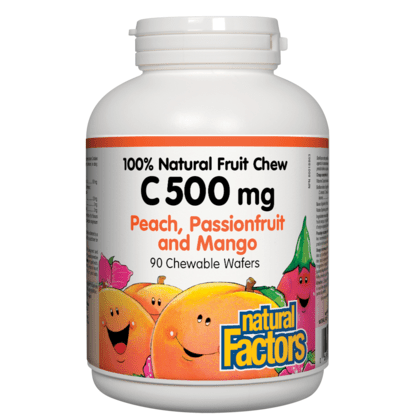
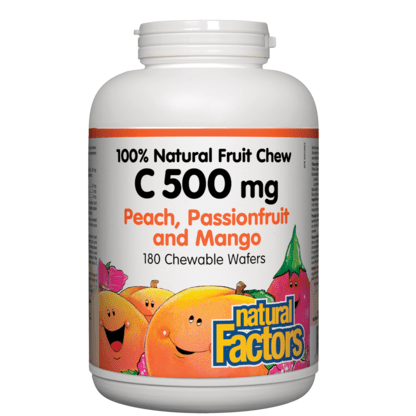 On Sale from $12.10Natural Factors C 500mg 100% Natural Fruit Chew Peach, Passionfruit and Mango Chews21% off
On Sale from $12.10Natural Factors C 500mg 100% Natural Fruit Chew Peach, Passionfruit and Mango Chews21% off
Learn more
About this collection
Related categories
Shipping
- Canada 1-10 business days after your order leaves the warehouse and is dependent on your region.
- United States 4-14 business days after your order leaves our warehouse.
For more info, visit our shipping page.
800 brands. 15,000 products. 600,000 happy customers.
We're thrilled to provide everything your health needs, and what makes us even prouder is our commitment to excellent customer service. Just read our vitamins & supplements store reviews!
7
Special Offers
Special Offers (7)
Save 27% on Herbal Detox
Extra 20% off Now Essential Oils
Sale ends February 9, 2026
Extra 10% off Natural Factors
Sale ends February 9, 2026
Extra 10% off Chocolate
Sale ends February 9, 2026
Up To 71% OFF
Everything Must Go Sale
Up to 42% Off Flyer Deals
While quantities last.
Up to 44% Off Clearance
Save more on items you usually buy.



